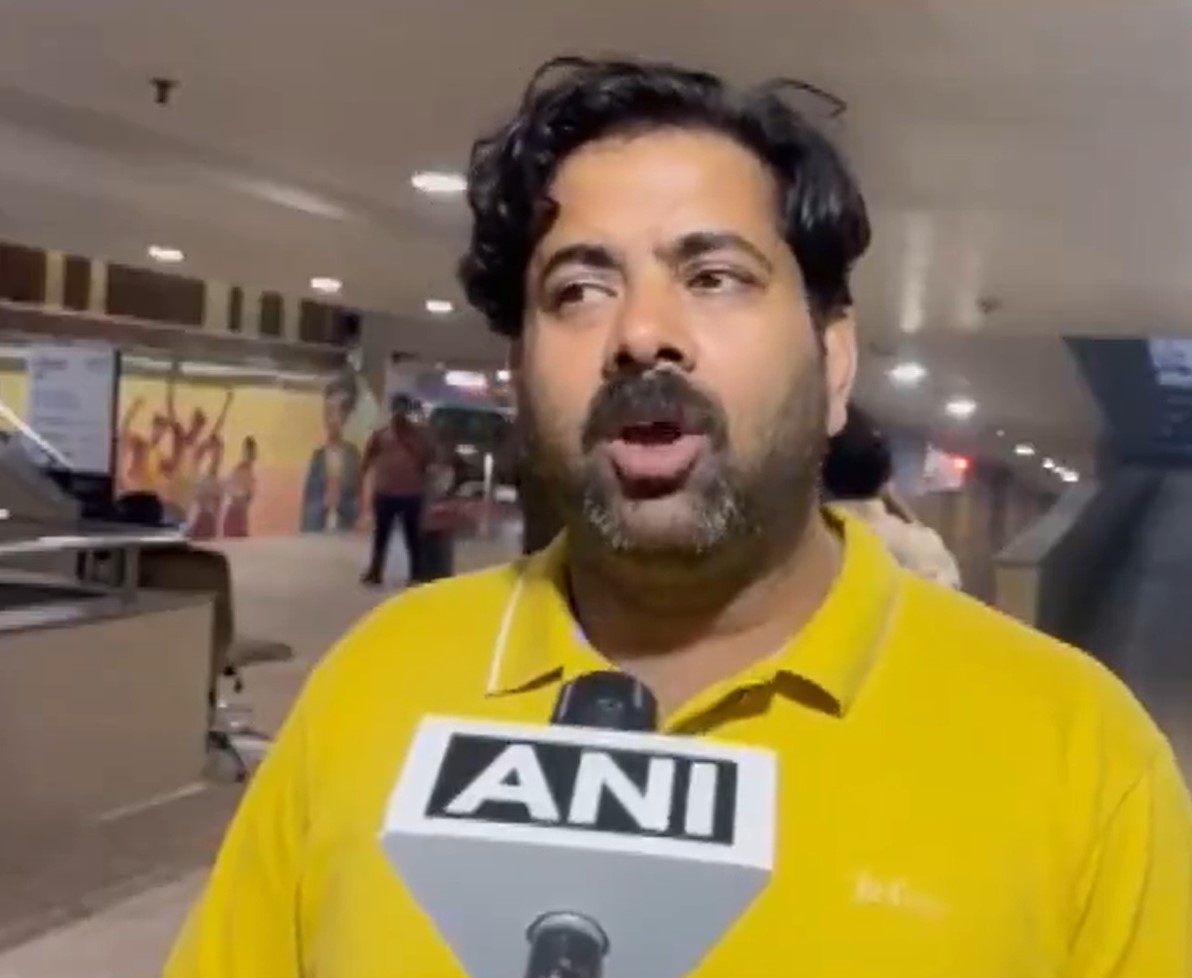
Geneva [Switzerland], April 25 (ANI): WHO, UNICEF, and Gavi have raised alarms during World Immunisation Week (April 24-30), warning that misinformation, population growth, ongoing humanitarian crises, and funding cuts are increasingly putting global immunisation efforts at risk. These challenges are leaving millions of children, adolescents, and adults vulnerable to diseases that vaccines could prevent.
Outbreaks of diseases such as measles, meningitis, and yellow fever are rising globally, with once-controlled diseases like diphtheria threatening to re-emerge. The agencies are calling for urgent action, emphasizing the need for sustained political attention and increased investment to maintain the progress made in reducing child mortality over the past five decades.
WHO Director-General Dr. Tedros Adhanom Ghebreyesus said, “Vaccines have saved more than 150 million lives over the past five decades. Funding cuts to global health have put these hard-won gains in jeopardy. Outbreaks of vaccine-preventable diseases are increasing around the world, putting lives at risk and exposing countries to increased costs.”
Measles, in particular, has seen a sharp resurgence, with cases increasing year-on-year since 2021, largely due to reduced immunisation coverage during and after the COVID-19 pandemic. In 2023, an estimated 10.3 million cases were reported globally, marking a 20% increase from the previous year.
Meningitis cases have surged in Africa, with over 5,500 suspected cases and nearly 300 deaths reported in the first three months of 2025. Yellow fever has also returned to the African region, with 124 confirmed cases across 12 countries in 2024, following significant declines in previous years due to immunisation programs.
The global funding crisis is further complicating efforts, with nearly half of low- and middle-income countries facing severe disruptions to vaccination campaigns, routine immunisation, and disease surveillance. Additionally, 14.5 million children missed routine vaccinations in 2023, many living in conflict or instability-affected areas where health services are disrupted.
UNICEF Executive Director Catherine Russell warned, “Immunisation services, disease surveillance, and outbreak response in nearly 50 countries are already being disrupted, on par with the setbacks we saw during COVID-19. We cannot afford to lose ground in the fight against preventable disease.”
Despite these challenges, the WHO, UNICEF, and Gavi continue to call for strengthened efforts and support for immunisation programs. Progress has been made in reducing meningitis and yellow fever cases, and HPV vaccine coverage has significantly increased in Africa. Additionally, malaria vaccines have been introduced in nearly 20 African countries, offering hope for future progress.
Gavi’s CEO Dr. Sania Nishtar emphasized, “These vital activities, however, will be at risk if Gavi is not fully funded for the next five years. We call on our donors to support our mission in the interests of keeping everyone, everywhere, safer from preventable diseases.”
Gavi’s upcoming pledging summit in June 2025 aims to raise USD 9 billion to protect 500 million children, saving at least 8 million lives between 2026 and 2030. (ANI)







